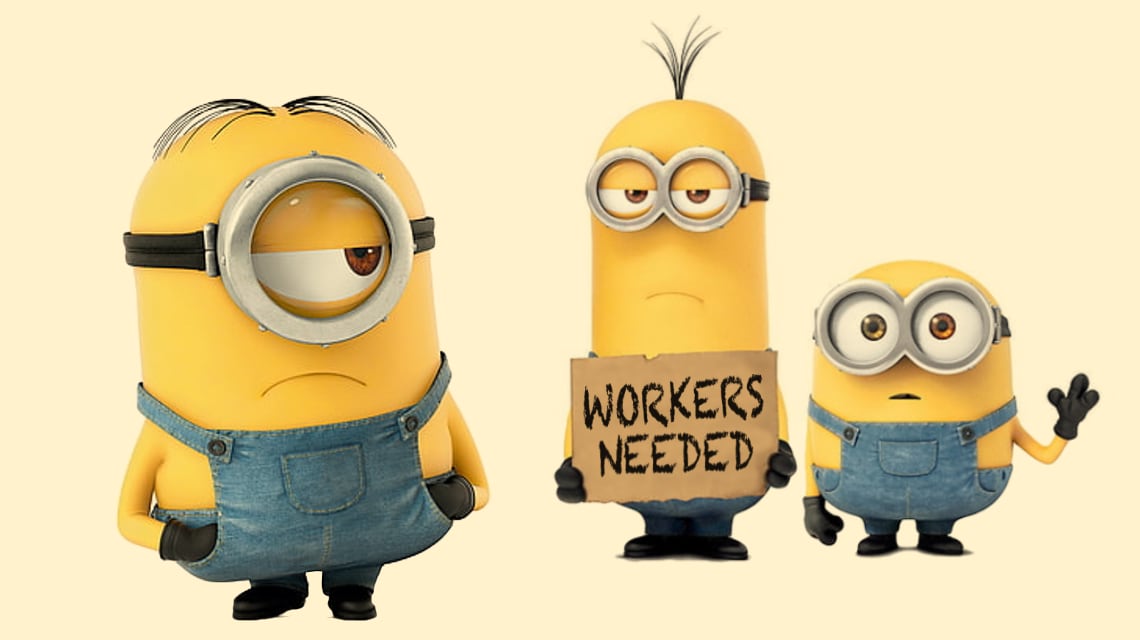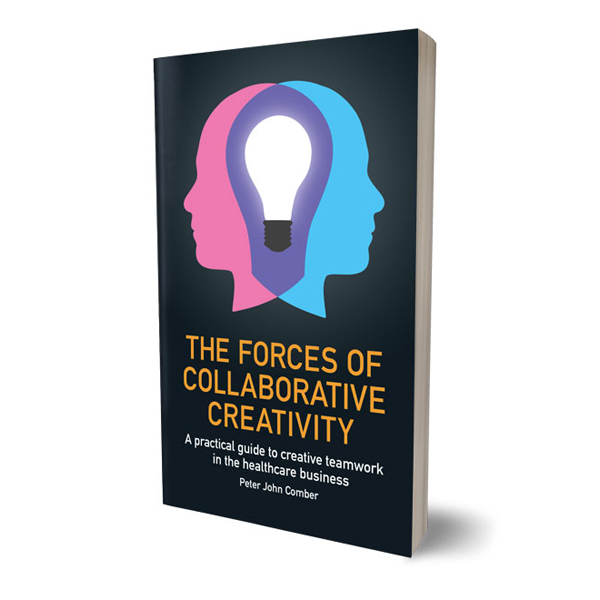What you measure affects what you do.
The overall impact of a business must be properly measured for a corporation to be properly valued.
Last week, (27-29 November 2018) the 6th OECD World Forum on Statistics Knowledge and Policy convened in Incheon. The Forum had four themes; Exploring and measuring future well-being, Digitalisation and well-being, Governance in a complex world, Business and well-being. The description of that last one begins like this; “Achieving sustainable and inclusive well-being in the coming years will mean leveraging the important role of non-state actors, and particularly the private sector, in shaping good outcomes for individuals, communities and societies.”
One of the reports presented was, “Beyond GDP: Measuring What Counts for Economic and Social Performance” by Stiglitz, Fitoussi and Durand. In the introduction of the executive summary is the following passage: “The report makes explicit the often-implicit assumptions hidden in statistical practices and their real-world consequences. Its central message is that what we measure affects what we do. If we measure the wrong thing, we will do the wrong thing. If we don’t measure something, it becomes neglected, as if the problem didn’t exist.”
Recommendation 12 of the same report reads as follows: “To deliver “better policies for better lives”, well-being metrics should be used to inform decisions at all stages of the policy process, from identifying priorities for action and aligning programme objectives to investigating the benefits and costs of different policy options; from making budgeting and financing.”
If the above is any indication of future trends we must expect significant changes regarding what we measure and value as a society. I believe this is especially exciting and daunting for the healthcare industry. The sector is very well placed to deliver the “better lives” part but is not famous for being agile and fast to change.
Consider the notion that corporations are superintelligent, non-human entities. They are capable of thinking, strategic reasoning and action. They possess free will and direct their behaviour to achieve self-determined goals. They evolve and are, potentially, immortal. Lastly, but not trivially, many are very powerful with transnational interests and influence.
Corporations don’t have morals or empathy. Corporations pursue their own profit and survival. They have even been described as intrinsically sociopathic. The humans who are part of corporations possess morals and empathy but, like all things human, these are not absolute, constant values - neither from individual to individual nor over time in the same individual. History has proven, irrefutably, that humans are inconsistently effective at applying ethics in a corporate context.
Corporate Social Responsibility (CSR) encourages companies to be more aware of and responsible for the overall impact of their business on the rest of society. CSR is a very broad concept that touches aspects as diverse as health and safety, environmental impact, corporate governance, human rights and equality, working conditions and the economic wellbeing of interested communities.
CSR is not new. In 1700 BC, King Hammurabi of Babylon introduced a code in which builders, innkeepers and farmers were put to death if their negligence or incompetence caused the death or major inconvenience to citizens. The phrase Corporate Social Responsibility first appeared in 1953, in Howard Bowen’s book “The Social Responsibilities of the Businessman”. Modern CSR appeared in the 1990s, as a consequence of new forms of stakeholder engagement and social regulation, and in response to increased demands on business impact reporting. The first company to publicly scrutinise its corporate social responsibility was Royal Dutch Shell - thirty years ago (in 1998 Shell began voluntarily reporting on their environmental performance).
There have always been corporations that act with a social conscience, Olivetti was once a fine example, but these corporations always relied on the beliefs and the ethical compass of owner-managers (like Adriano Olivetti) with both the authority and the moral fibre to self-regulate the economic and social performance of the brands they manage. CSR, in it’s more evolved forms, is an attempt to code into the rules and operations of a corporation the awareness and respect of social sustainability. But the way CSR is understood and implemented varies tremendously. Each company has their own approach. Different countries and cultures have diverse expectations and parameters.
In this context, the B Corp community is interesting and promising. B Corp Certification is a business certification that measures a company’s social and environmental performance, assessing the overall impact (including supply chain, input materials, charitable giving and employee benefits) on workers, community, environment, and customers. Certified B Corporations are businesses that, “are legally required to consider the impact of their decisions on their workers, customers, community, and environment. Certified B Corporations have met the highest standards of verified performance and transparency.”
There are currently 2,665 certified B Corps around the world, a good enough number to represent a credible benchmark of current CSR practices. As Rob Michalak of Ben & Jerry’s (Unilever) has said, "The B Impact Assessment added a new twist - it helped us understand where we are in comparison to other companies." An organisation like B Corps is well positioned to talk with governments and institutions that seek to go “Beyond GDP” and presumably certified B Corps will be ahead of the tendency.
It is increasingly important that corporations measure their social impact and benchmark their performance against their peers. In the near future, many themes within the realm of CSR will become ever more important as factors in customer choice and will occupy a much bigger role in brand communication and also the ability of industries to successfully lobby for issues that interest them.
The sustainable balance of corporate profit and social benefit is in the interests of shareholders too. For example, the excessive focus on the creation of shareholder value by Volkswagen was undoubtably a major factor in the fraudulent diesel emissions scheme. Stronger CSR could, potentially, have avoided the decisions that led to dieselgate and the very negative impact it ultimately had on shareholder value.
Of the 2,665 currently certified B Corps, only 11 of them are in the pharmaceutical industry category and not one of them is a top 100 (based on sales) global pharmaceutical company.
The same week as the 6th OECD World Forum, He Jiankui of Southern University of Science and Technology of China in Shenzhen, announced that a woman had given birth to two genetically edited baby girls. Jiankui claimed the CRISPR gene editing technique was used to try to disable the gene for CCR5, the protein that the HIV virus binds to when entering and infecting cells. Julian Savulescu of the University of Oxford commented, “If true, this experiment exposes healthy normal children to risks of gene editing for no real necessary benefit. There are many effective ways to prevent HIV in healthy individuals.”
This temporal coincidence conveniently highlights the challenges the pharmaceutical industry faces. As the scientific community grapples with the moral issues that technological advances pose, the pharmaceutical industry must examine the potential value that these technological advances can generate. If the examination is done exclusively on a corporate cost/revenue basis the decisions will be very different to those that correctly consider the social cost/benefit. The sooner healthcare companies think in these terms the better their position will be when (not if) governments begin to adopt a more holistic societal cost/benefit analysis of activities and policies.





